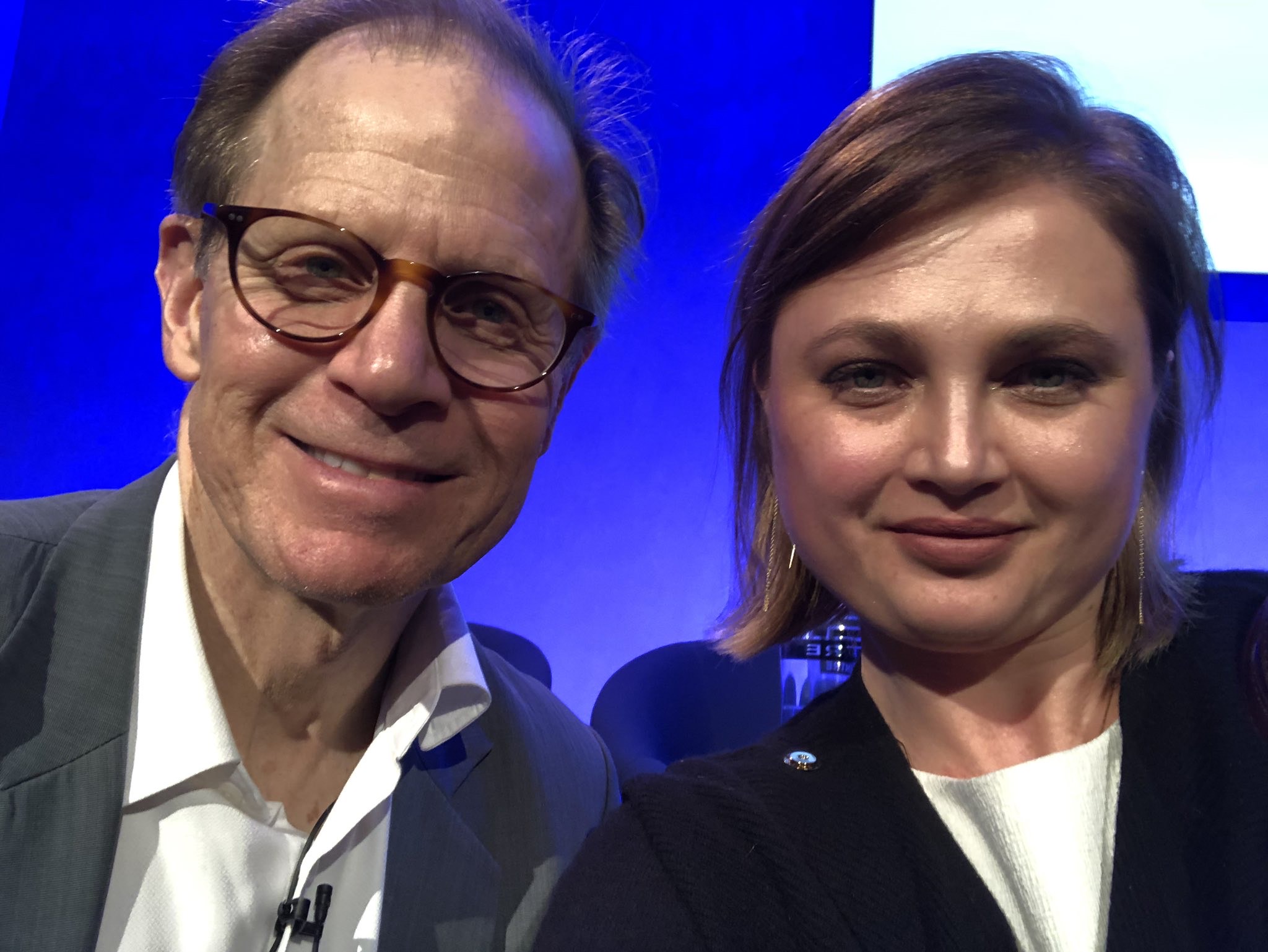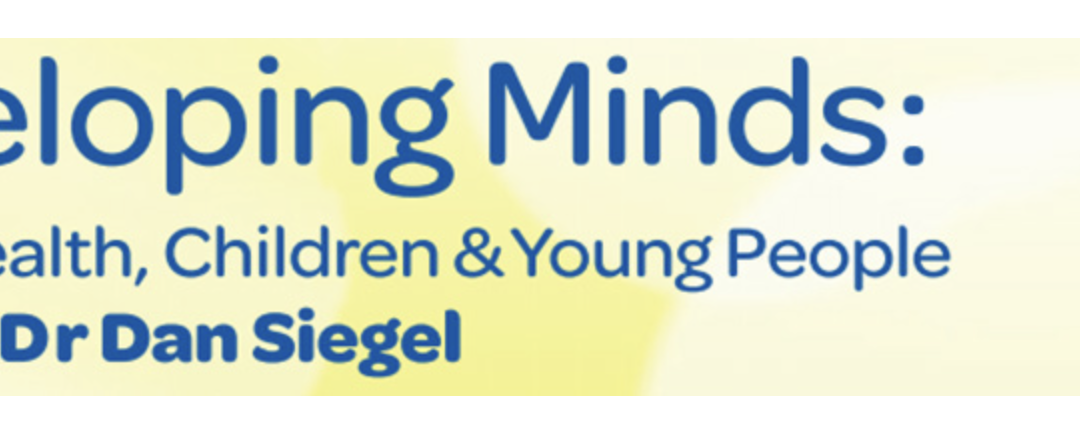Attending the cutting-edge conference on child and adolescent mental health at the QE11 Centre in London on February 8, 2019, was a transformative experience for me, particularly due to the opportunity to learn directly from Dr. Daniel Siegel. As a professional in the field, I had long admired Dr. Siegel’s work, and the prospect of meeting him in person filled me with anticipation and excitement.
From the moment Dr. Siegel took the stage, it was clear that his presence would be the highlight of the conference. His extensive background, including his education at Harvard Medical School and his current role as a clinical professor of psychiatry at UCLA, lent tremendous weight to his insights. What struck me most was how Dr. Siegel seamlessly blended complex neuroscientific concepts with practical applications in child and adolescent mental health.
The Impact of Interpersonal Neurobiology
Dr. Siegel’s presentation on interpersonal neurobiology was nothing short of revolutionary for my understanding of the developing mind. He eloquently explained how relationships shape brain structure and function, emphasizing the critical role of attachment in mental health. His concept of “mindsight” – the ability to perceive one’s own mind and the minds of others – resonated deeply with me, offering a new lens through which to view my work with young clients.
I was particularly fascinated by Dr. Siegel’s discussion of his book “Brainstorm: The Power and Purpose of the Teenage Brain.” His insights into adolescent brain development challenged many of my preconceived notions about teenage behavior. Dr. Siegel’s perspective on the positive aspects of adolescence, such as increased creativity and emotional intensity, provided me with a fresh, optimistic approach to working with this often misunderstood age group.
Personal Interaction and Inspiration
The most impactful moment of the conference for me was the opportunity to speak with Dr. Siegel personally during a break. His warmth and genuine interest in my work were inspiring. We discussed the application of his “Whole-Brain Child” approach in my practice, and his encouragement to integrate mindfulness techniques into my therapeutic interventions was invaluable.
Dr. Siegel’s passion for promoting compassion and empathy was evident not just in his presentations, but in his personal interactions as well. His ability to connect with each attendee, myself included, demonstrated the very principles of interpersonal neurobiology that he teaches.
Practical Applications of Dr. Siegel’s Work
Throughout the conference, I found myself constantly jotting down ideas on how to implement Dr. Siegel’s methods in my own practice. His emphasis on integrating left and right brain thinking in children, as outlined in “The Whole-Brain Child,” provided me with concrete strategies to help young clients manage their emotions more effectively.
Dr. Siegel’s work on mindfulness, particularly as discussed in “The Mindful Therapist,” has profoundly influenced my approach to self-care and presence in therapy sessions. His guidance on cultivating a state of receptive awareness has already begun to enhance my therapeutic relationships and outcomes.
Reflections on the Conference Experience
As I reflect on the conference, I’m struck by the depth of knowledge and practical wisdom Dr. Siegel shared. His ability to make complex neuroscientific concepts accessible and applicable to everyday practice is truly remarkable. The conference not only expanded my theoretical understanding but also provided me with a wealth of practical tools to enhance my work with children and adolescents.
Meeting Dr. Siegel and experiencing his teachings firsthand has reinvigorated my passion for the field of child and adolescent mental health. His holistic approach, combining insights from neuroscience, attachment theory, and mindfulness, has opened new avenues for me to explore in my practice.
Looking Forward
The impact of this conference, and particularly my interactions with Dr. Siegel, will undoubtedly shape my professional journey for years to come. I left the event feeling not only more knowledgeable but also more connected to the broader community of mental health professionals dedicated to improving the lives of young people.
Dr. Siegel’s work has provided me with a new framework for understanding and addressing the complex challenges faced by children and adolescents in today’s world. His emphasis on promoting insight, compassion, and empathy resonates deeply with my own values as a practitioner.
In conclusion, the opportunity to learn from and meet Dr. Daniel Siegel at this conference was a pivotal moment in my career. His groundbreaking work in interpersonal neurobiology, combined with his genuine warmth and passion for teaching, has left an indelible mark on my approach to child and adolescent mental health. I am profoundly grateful for this experience and excited to apply these new insights and methods in my ongoing work with young people.


